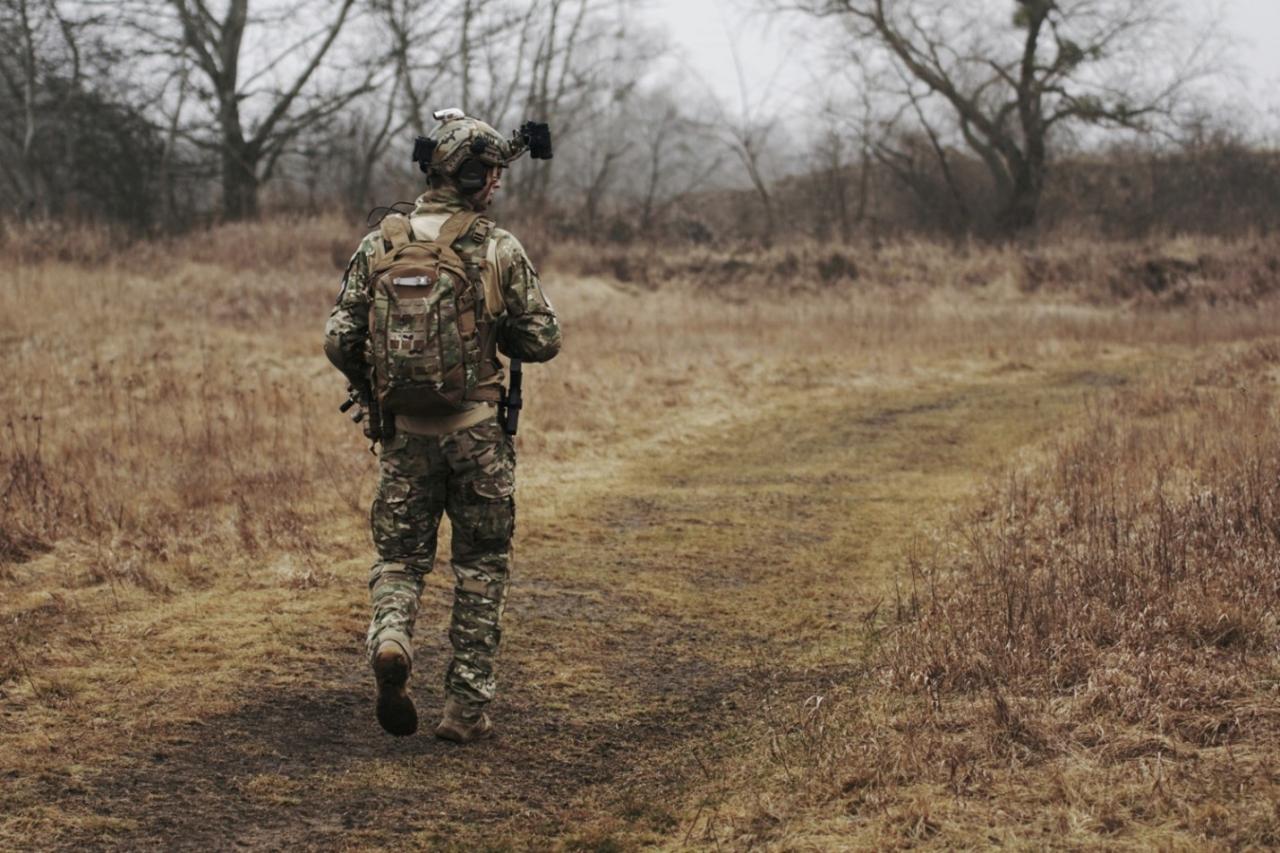PTSD appears to be one of the most prevalent mental health issues among veterans. However, there are also several other challenges they face that may be even more crippling than physical injuries.
There are quite a lot of factors that play a role in determining a veteran’s mental health struggles. This is because most of them have a hard time opening up about what truly accrues to their disability and suffering in the long run. Luckily, today there are many resources and programs available to help a veteran cope with mental health issues.
LSF or Lone Survivor Foundation
Veterans suffering from chronic pain, TBI, or PTSD are eligible to be a part of programs offered by this foundation. Moreover, they also offer recovery for both veterans and their families even after they’ve returned home.
DVA or Department of Veterans Affairs
This department also offers various interventions for veterans dealing with PTSD. Moreover, they can also consult for other options after enrollment.
True Rest Float Spa
Located in over 14states, this facility provides flotation therapy to reduce chronic pain, anxiety, and depression. Flotation therapy has become a major runner in the market, especially for dealing with bodily stress carried by veterans. This floating spa offers an hour of therapy using Epsom salts and water to help the body float effortlessly.
PTSD Foundation of America
This particular facility offers mentoring and group sessions for comba tveterans. Even though it primarily focuses on PTSD, veterans can greatly benefit from the services for any other conditions.
Home Based Veteran and Family Care
If you know any veterans suffering from sexual trauma, anxiety, depression, traumatic brain injury, or PTSD, referring them to this organization will help pave the way for effective treatment. Primarily based in Boston, the organization functions across the country to provide care and relief to veterans as well as their families.
Warrior Care Network
The network has collaborated with reputed medical centers to treat veterans from the post- September 11 era. The programs they offer consist of year-long care with outpatient programs based on their needs. Participants who have been a part of it have reported improvement in their depression and PTSD symptoms.
DAV or Disabled American Veterans
Another reputed center that deals with PTSD among veterans allows you to speak to experts and learn about the services, diagnosis, and treatment options.
Mental Health Applications
There are various applications provided by the VA to help veterans cope with anger management, insomnia, and PTSD.
The Crisis Line
This option is often viable if there’s absolutely no choice but to seek a helpline. If you know of a veteran in crisis or find yourself concerned about one, connect them to the helpline(800-273-8255), where they can either speak to or message a representative. If needed, the representatives may also connect the veterans to a suicide prevention service for further care.
In conclusion, getting a veteran treated for mental health issues is challenging. However, with the right care and services, they could considerably improve and get their life back in order.

